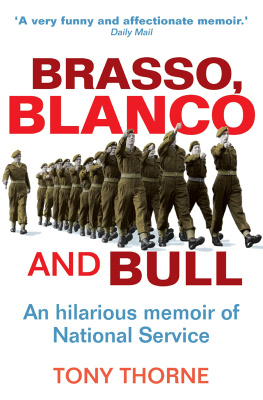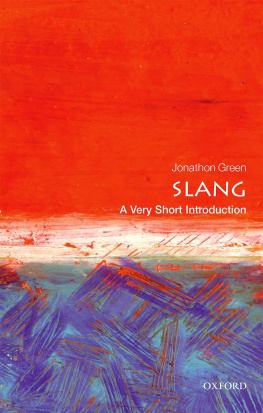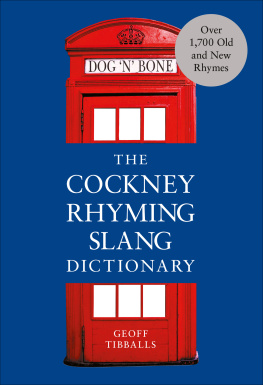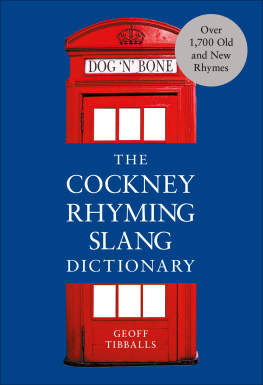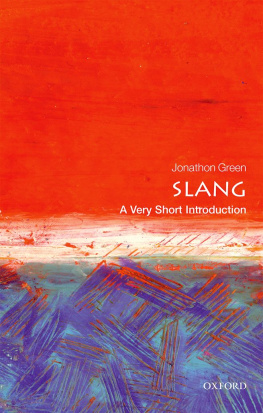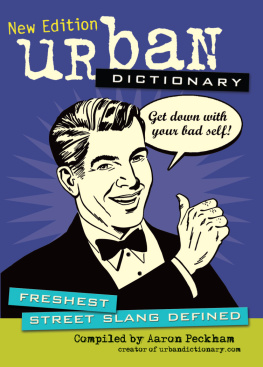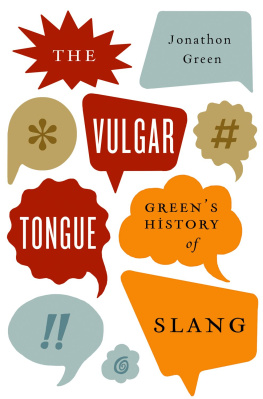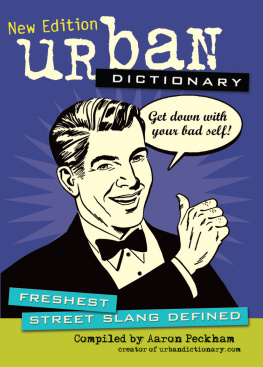aaarrrggghhh
bally
Big L
bovvered
braap
bredder
campet
cant
CBA
chenzed
creps
devod
dinlo
fake slang
family slang
fan fiction
feen
froggle
gimbo
glicther
granny slang
hamstered
Hinglish
hip hop
hollage
jinelz
ledge
like
luka
meg
Mephedrone
MLE
moist
, much?
nang
neek
out of pocket
prison slang
SOZ
steroids
teek
trek
wallad
wasteman
WFIO
WFIO
aaarrrggghhhexclamation
a (simulation of a) cry of horror, rage, disbelief, frustration, despair
The expression is a well-known example of words which are really just sounds (spellings may vary). Others include:
Bla blather
Bleh disdain, tedium
Deurrr gormlessness
Eurrggh disgust
Hmmm pondering
Meh indifference
Mwah kiss, insincere affection
Nim nim nim deriding boring communications
Nom eating (a shortening of om-nom-nom, which was used by the character Cookie Monster in Sesame Street, and later on lolcat webpostings)
Nyam nyam eating, relishing
Wah howling
Woo hoo delight
Woop woop enthusiasm, delight
Yadda yadda yadda blather (used by comedian Lenny Bruce and popularised by comedy series Seinfeld)
Yuk disgust
Zizz sleeping
aardvarkn
. British hard work, onerous tasks. A probably ephemeral pun heard among university students since the late 1980s.
Theyre giving us too much bloody aardvark, thats the problem.
(Recorded, undergraduate, London University, 1988)
American (a male with) an uncircumcised penis. The term was used by the Dixie Chicks country rock band in interviews in 2002. It is based on the supposed resemblance to the animals snout, and prompted by the fact that most males in the USA are routinely circumcised. Anteater and corn-dog are contemporary synonyms.
aardvarkingn American
having sex. This term, popular among college students since the 1990s, often applies to sex in a public place, possibly evoking the animals grubbing or rooting around in the earth or simply, as with wombat, heard in the same milieus, used for the sake of exoticism.
This semester her number-one hobby has been aardvarking every chance she gets.
abbreven American
an abbreviation, shortened form of a word or phrase used e.g. in online communication
Preesh is my favorite abbreve.
(Recorded, university student, North Carolina, 2010)
abdabsn pl British Seescreaming (h)abdabs
abon Australian
an Aboriginal. A standard shortening used by whites which is now considered condescending or abusive: it is often part of offensive comparisons, as in to smell like an abos armpit/abos jockstrap.
absofuckinglutely, absobloodylutelyadv, exclamation
these elaborations of the standard term are examples of infixing (as opposed to prefixing or suffixing), a word-formation process unique to slang in English
Are you really determined to go ahead with this? Absobloodylutely!
She was absobloodylutely legless.
Abyssinia!exclamation British
goodbye, a jocular farewell. The expression is an alteration of Ill be seeing you, sometimes further elaborated into Ethiopia! It is in current use among students, but may have arisen in their parents or grandparents generations.
AC/DCadj
bisexual. From the label on electrical appliances indicating that they can be used with either alternating or direct current. The slang term originated in the USA and spread to Britain around 1960.
ace1n
a best friend or good person. Used by males to other males, usually as a greeting or a term of endearment. In this sense the term probably spread from black American street gangs in the 1950s to working-class whites in the USA, Australia and, to a lesser extent, Britain.
Hey, ace!
ace2, ace outvb American
to outmanoeuvre, outwit or defeat
I had it all figured, but those guys aced me!
(The A Team, US TV series, 1985)
to succeed, win or score very highly
She aced / aced out the test.
ace3, acesadj
excellent, first class. Used extensively since the late 1950s in the USA, since the mid-1960s in Australia, and by the 1970s, especially by teenagers, in Britain. The origin of the term is obviously in the highest value playing card, the meaning now having been extended from best to smartest, cleverest, etc.
an ace car
That film was really ace.
Shes aces!
ace boon coonn American
(in the language of black males) ones best friend. An item of black street-talk combining ace and coon with boon to provide the suggestion of a cherished companion and the rhyme, which was included in so-called Ebonics, recognised as a legitimate language variety by school officials in Oakland, California, in late 1996. A similar usage is found in the phrase ace boom boom. During the 1960s and 1970s the variant form ace coon was heard, often ironically referring to a self-important black male or an individual who had achieved some success, e.g. in a work group, department, etc.
You my ace boon coon!
ace in the holen
an advantage held in reserve until it is needed. From American stud-poker terminology, it refers to an ace (the most valuable card) dealt face down and not revealed.
acesadj Seeace3
acey-deucyadj American
both good and bad, of uncertain quality. The term is at least pre-World War II, but is still heard occasionally, especially amongst middle-aged or elderly speakers. It comes from a card game similar to backgammon in which aces are high and deuces (twos) are low.
achern Seeacre
acidn
LSD-25, the synthetic hallucinogenic drug. From the full name, Lysergic Acid Diethylamide. This has been the standard term by which users refer to the drug since its first popularity in California in 1965, in spite of the appearance of more picturesque but ephemeral alternatives. In the late 1980s, adherents of the acid house cult adopted the word as a slogan (usually a cry of a-c-e-e-e-d!) and to refer to LSD or ecstasy.
British sarcasm, snide comments or cheeky exaggeration, especially in the expression come the old acid, popular in working-class usage in the 1950s and 1960s and still heard. In such phrases as his acid comments the adjectival meaning is similar, but cannot be described as slang.
Dont come the old acid with me!
acid flashn
a sudden recurrence of a much earlier experience of the drug LSD. Some users are disturbed months or years after taking the drug by sudden disorientation which lasts from seconds to hours and which may or may not be due to its effects.
acid head, acid freakn
a user, especially a heavy or habitual user, of the drug LSD. The terms are not pejorative and were used from the late 1960s to the mid-1970s by takers of LSD or other hallucinogens about themselves and each other.


